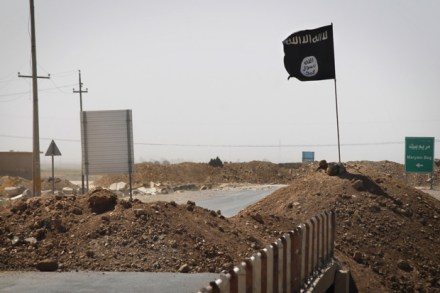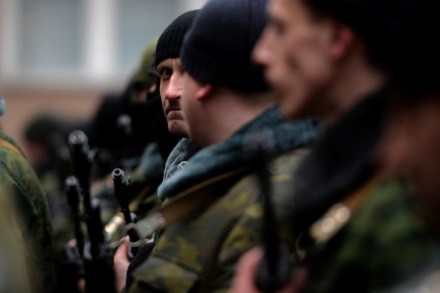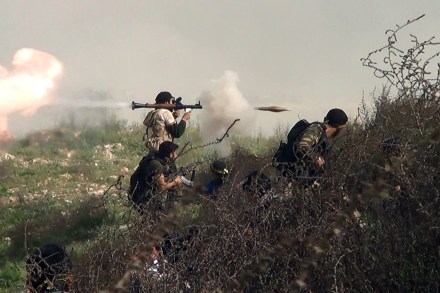Forget Chilcot
[audioplayer src=”http://rss.acast.com/viewfrom22/jeremycorbynsbritain/media.mp3″ title=”Peter Hitchens and Fraser Nelson debate whether the Chilcot report needs to be published” startat=1916] Listen [/audioplayer]It might actually be better if Sir John Chilcot’s report is never published. I for one can no longer be bothered to be annoyed (though I used to be) by the increasingly comical excuses for its non-appearance. We all know the real reason is that the Iraq war was the product of lies, vainglory and creeping to the Americans, but they don’t want to admit it. I suspect Sir John and his colleagues would be more hurt by a patronising acceptance that they are a hopeless embarrassment than by any more anger.




















